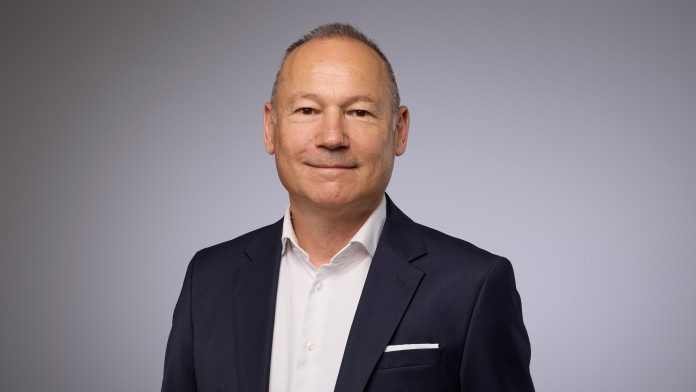Press Release from 2018-11-05 / Group, KfW Research
KfW-Start-up-Report: number of business founders grows noticeably
- KfW Research presents first structural analysis of start-ups in Germany
- Share of men and graduates from MINT subjects is higher among business founders than among other new entrepreneurs
- One start-up founder in six is over the age of 50
- Start-ups are more often digital, Internet-based, international and geared towards business customers
The number of start-up founders and businesses in Germany is growing. In 2017 there were around 108,000 start-up founders with 60,000 young businesses. In the previous year it was only 93,000 business founders with 54,000 start-up businesses. This was an increase of around 16%. KfW Research defines start-ups as innovation-driven or growth-oriented young enterprises that are of particular economic interest because of this profile. The number of start-up founders in the narrower sense, that is, those who are both innovation-driven and growth-oriented, is smaller but has also grown. In 2017 there were 29,000 such business founders with 12,500 enterprises, whereas in 2016 there were only 19,000 founders with 9,000 businesses. These are the findings of the KfW Start-up Report, which is based on the KfW Start-up Monitor and has now been presented for the first time.
“Although start-up activity has been on the decline for some years now, the number of innovative and growth-oriented start-ups increased in 2017”, said Dr Jörg Zeuner, Chief Economist of KfW. “The German economy needs these dynamic young enterprises to stay fit for the future. They are often the ones that bring about the practical applicability of new technologies and thereby ensure their dissemination.”
Start-up founders are 3 to 5 years younger on average than other young entrepreneurs. Nevertheless, their average age is the mid- to late thirties. While the share of founders under the age of 30 is higher than among other young entrepreneurs, the share of founders over the age of 50 is just as high. “What is remarkable is that one start-up founder in six is over the age of 50. The start-up spirit is hence not restricted to young entrepreneurs. Given that our society is ageing, that is good news”, said Dr Jörg Zeuner.
The KfW Start-up Report also shows that the primary motive of start-up founders is to put a business idea in practice. The share of such “opportunity entrepreneurs” is 84%, much higher than that of other young entrepreneurs (49%). In addition, start-up founders are more often male. The already smaller share of female entrepreneurs (2017: 37%) decreases significantly to 10 to 20% among start-up founders. Many start-up founders are graduates, particularly from MINT subjects, and the rate of graduates is 35 to 45%, much higher than among all young entrepreneurs (around 25%).
“Women are even more underrepresented as start-up founders than they are already in total start-up activity. This has various causes, but what is clear is that fewer women graduate from MINT degree courses – and therefore are less common in start-up-related areas. If it were possible to draw more women to MINT subjects, we would see more women as start-up founders”, said KfW Chief Economist Zeuner.
Start-ups are more often digital, Internet-based, international and geared towards business customers than other young enterprises – often by a wide margin. The help introduce new technologies into society. Their innovation and growth strategies require more capital than other enterprises. Around 40% need more than EUR 100,000 for their projects in the coming 12 months (other young entrepreneurs 2%). Start-up founders therefore depend on external providers of capital. Compared with other business start-ups, bank loans play a lesser role here. In only one in five start-ups do credit institutions act as financing partners. Start-ups are instead more likely to turn to alternative sources of capital such as private equity or crowdfunding.
www.kfw.de/PDF/Download-Center/Konzernthemen/Research/PDF-Dokumente-Studien-und-Materialien/KfW-Start-up-Report-2018 (Available in German only).


Share page
To share the content of this page with your network, click on one of the icons below.
Note on data protection: When you share content, your personal data is transferred to the selected network.
Data protection
Alternatively, you can also copy the short link: https://www.kfw.de/s/enkBbm2w.B4nA
Copy link Link copied